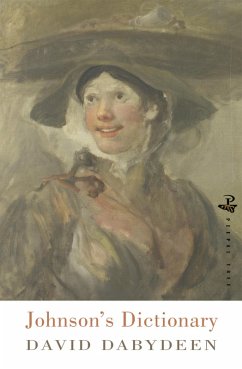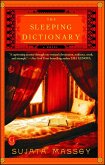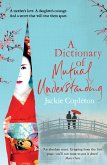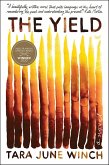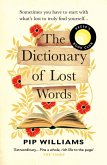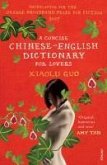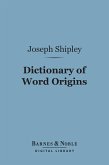Galley, gallery, gallimaufry: In a novel set in 18th century London and Demerara (in British Guiana), that might be dreamed or remembered by Manu, a revenant from Dabydeen's epic poem, "Turner", we meet slaves, lowly women on the make, lustful overseers, sodomites and pious Jews - characters who have somehow come alive from engravings by Hogarth and others.
Hogarth himself turns up as a drunkard official artist in Demerara, from whom the slave Cato steals his skills and discovers a way of remaking his world.
The transforming power of words is what enlightens Francis when his kindly (or possibly pederastic) master gifts him a copy of Johnson's Dictionary, whilst the idiot savant, known as Mmadboy, reveals the uncanny mathematical skills that enable him to beat Adam Smith to the discovery of the laws of capital accumulation - and teach his fellow slaves their true financial worth.
From the dens of sexual specialities where the ex-slave Francis conducts a highly popular flagellant mission to cure his clients of their man-love (and preach abolition), to the sugar estates of Demerara, Dabydeen's novel revels in the connections of Empire, Art, Literature and human desire in ways that are comic, salutary and redemptive.
David Dabydeen was born in Guyana in 1957. He is only the second West Indian writer, following VS Naipaul, to be named a fellow of the Royal Society of Literature. Turner: New and Selected Poems (Cape, 1994) was republished by Peepal Tree in 2002. His 1999 novel A Harlot's Progress was shortlisted for the James Tait Black Memorial Prize. His other novels include Disappearance (Peepal Tree, 2005) and Molly and the Muslim Stick (2008). He co-edited the Oxford Companion to Black British History (2007), and his documentaries on Guyana have appeared on BBC TV and radio. David is now Professor at the Centre for Caribbean Studies, University of Warwick.
Dieser Download kann aus rechtlichen Gründen nur mit Rechnungsadresse in A, B, BG, CY, CZ, D, DK, EW, E, FIN, F, GR, H, IRL, I, LT, L, LR, M, NL, PL, P, R, S, SLO, SK ausgeliefert werden.

